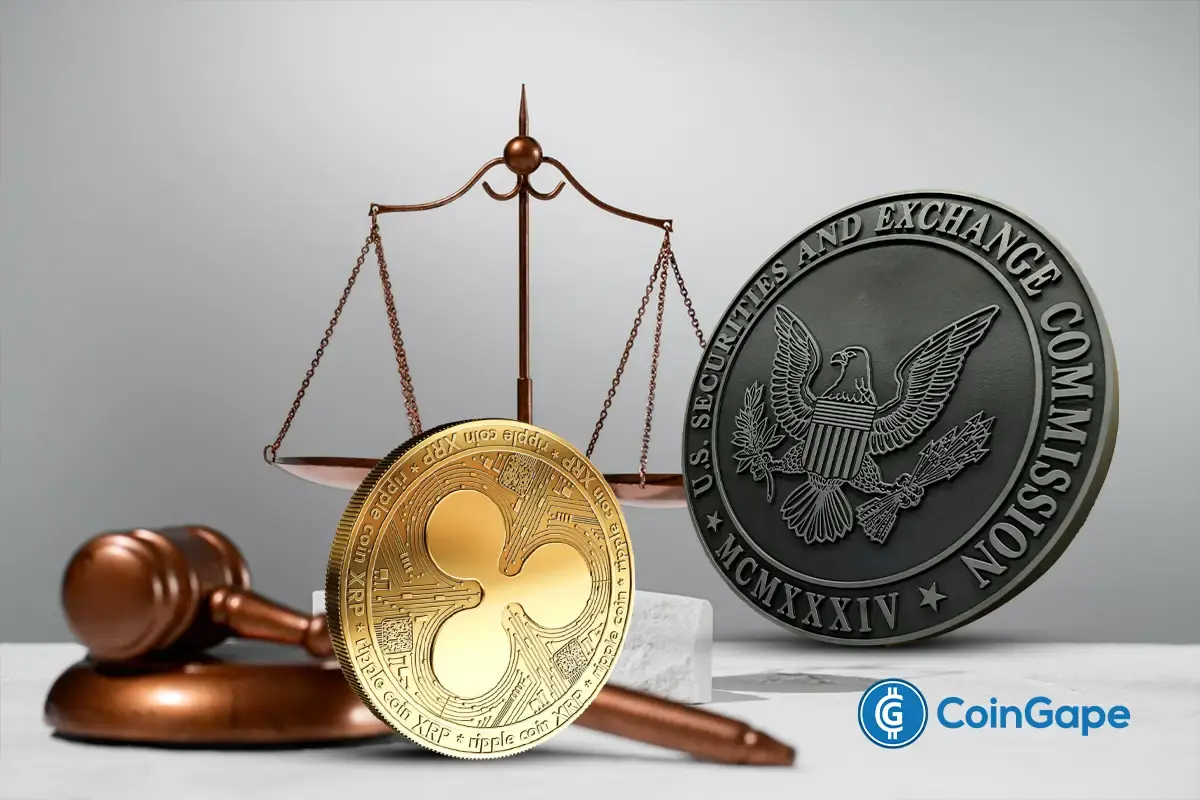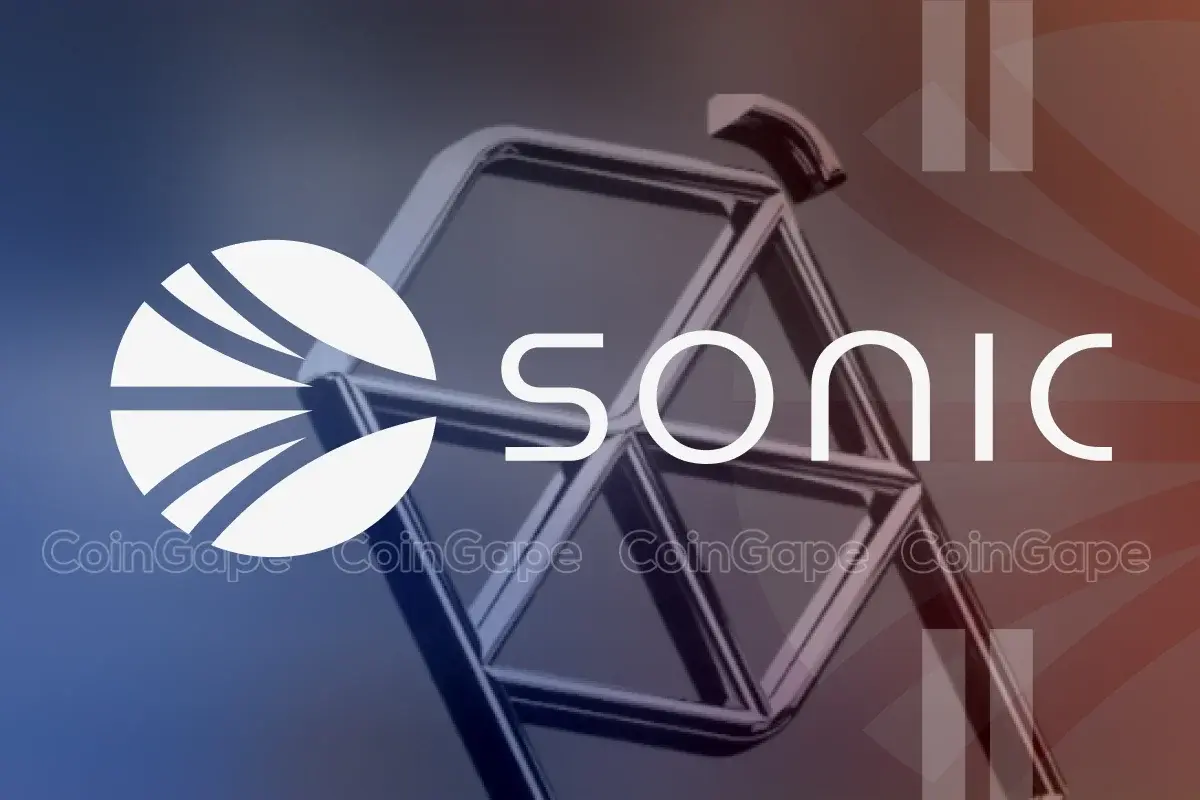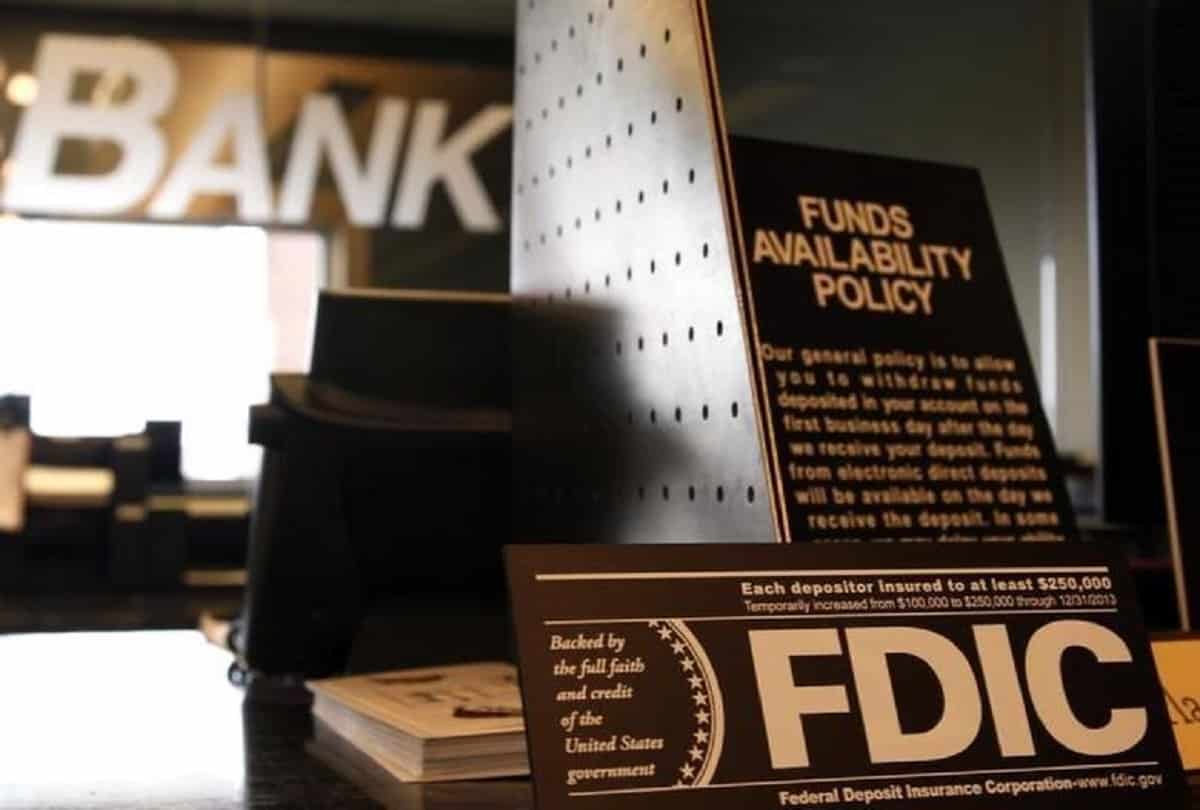Regulation
Ripple Drops Its Cross Appeal Against The US SEC

Ripple has dropped its cross-appeal against the US Securities and Exchange Commission (SEC) following the latter’s decision to drop its case against the crypto firm last week. The firm’s Chief Legal Officer (CLO), Stuart Alderoty, also revealed what will happen with the $125 million penalty the Court awarded against them.
Ripple Drops Cross Appeal Against The US SEC
In an X post, Ripple’s CLO, Stuart Alderoty, revealed that his firm has now agreed to drop its cross-appeal against the US SEC after the Commission decided to drop the appeal without conditions.
This development officially ends the long-running legal battle between the crypto firm and the SEC, as the latter has also agreed to drop the Ripple lawsuit in its entirety.
Alderoty also revealed what will happen to the monetary judgment, which Judge Analisa Torres awarded against the crypto firm. He stated that the Commission will keep $50 million of the $125 million fine, which is already in an interest-bearing escrow in cash, while Ripple will collect the balance of $75 million.
Meanwhile, the US SEC will ask the Court to lift the standard injunction it imposed against the crypto firm at the Commission’s request. This move is subject to the Commission vote, the drafting of final documents, and routine court processes.
Significance Of This Development
Besides ending the Ripple lawsuit, the SEC’s agreement to request that the Court drop the standard injunction against the crypto firm paves the way for a surge in XRP’s adoption since the company can now proceed to carry on its on-demand liquidity (ODL) sales as usual.
Legal experts had predicted that Ripple was holding out on settlement to get the Commission to lower the fine and request the Court to drop the injunction. As such, these developments undoubtedly represent a massive victory for the firm.
CEO Brad Garlinghouse recently discussed the company’s future. He predicted that their US operations would grow in the coming months following the end of the lawsuit and thanks to imminent crypto legislation.
Disclaimer: The presented content may include the personal opinion of the author and is subject to market condition. Do your market research before investing in cryptocurrencies. The author or the publication does not hold any responsibility for your personal financial loss.
Regulation
US SEC Drops Charges Against Hawk Tuah Girl Hailey Welch

Hawk Tuah girl Hailey Welch, known for her association with the controversial $HAWK token, has been cleared of any wrongdoing after a lengthy investigation by the U.S. Securities and Exchange Commission (SEC). The SEC has decided not to press charges against Welch in connection with the rapid rise and subsequent collapse of the meme-based cryptocurrency.
US SEC Investigation Into Hawk Tuah Girl Concludes Without Charges
The SEC had launched an investigation into the $HAWK token after its dramatic price drop. The token, which was linked to Welch’s viral persona, initially saw a market cap surge to $490 million before crashing by over 90%. Investors who were impacted by the crash filed a lawsuit against those behind the project, alleging that the coin had been promoted and sold without proper registration.
Hawk Tuah girl Hailey Welch, who cooperated fully with the investigation, expressed relief after the SEC’s decision. “For the past few months, I’ve been cooperating with all the authorities and attorneys, and finally, that work is complete,” Welch told TMZ.
Her attorney, James Sallah, confirmed that the SEC had closed the case without any findings against her, adding that there would be no monetary sanctions or restrictions on Welch’s future involvement in cryptocurrency or securities.
This Is A Developing News, Please Check Back For More
Disclaimer: The presented content may include the personal opinion of the author and is subject to market condition. Do your market research before investing in cryptocurrencies. The author or the publication does not hold any responsibility for your personal financial loss.
Regulation
Sonic Labs To Abandon Plans For Algorithmic USD Stablecoin, Here’s Why

Barely a week after hinting at launching an algorithmic USD stablecoin, Sonic Labs is shuttering its plans. Sonic Labs co-founder Andre Cronje revealed that incoming stablecoin regulation in the US contributes to the change of stance.
Sonic Labs Makes U-Turn Over Algorithmic USD Stablecoin
In mid-March, Sonic Labs disclosed plans for a yield-generating algorithmic stablecoin for its blockchain. However, new developments in the US regulatory landscape are forcing the company to ditch its algorithmic stablecoin ambitions.
Sonic Labs co-founder Andre Cronje confirmed the change in direction via an X post following the release of the full draft of the STABLE Act by Congress for clearer oversight. According to the text, lawmakers are pushing for a two-year moratorium on algorithmic stablecoin, souring Sonic Labs plans.
Unlike mainstream stablecoins backed by fiat or other commodities, algorithmic stablecoins rely on smart contracts to maintain their peg. The 2022 implosion of Terra’s ecosystem following the de-pegging of its TerraUSD (UST) algorithmic stablecoin stunned regulators.
“We will no longer be releasing a USD-based algorithmic stablecoin,” said Cronje.
In a light-hearted note, community members teased potential strategies for Sonic Labs to sidestep incoming stablecoin regulation. Apart from the loophole of launching the algorithmic stablecoin before the regulation goes live, Cronje teased an algorithmic dirham that will be denominated in USD.
Industry Players Are Bracing For New Stablecoin Regulations
Stablecoin issuers are steeling themselves for incoming stablecoin regulations in the US. While the GENIUS Act and STABLE Act continue to inch forward, there are common denominators in both bills.
For starters, there is the requirement for equivalent reserves at a 1:1 ratio with both bills steering clear of algorithmic stablecoins. The White House is favoring the GENIUS Act over the STABLE Act as lobbyists rally to stifle the possibility of a Conference Committee.
Authorities are targeting stablecoin regulation to reach Trump in two months as issuers jostle for position. Tether, Circle, and Ripple are staking their claims to lead the US government’s ambitions to rely on stablecoins to maintain the dollar’s dominance.
Disclaimer: The presented content may include the personal opinion of the author and is subject to market condition. Do your market research before investing in cryptocurrencies. The author or the publication does not hold any responsibility for your personal financial loss.
Regulation
FDIC Revises Crypto Guidelines Allowing Banks To Enter Digital Assets

The Federal Deposit Insurance Corporation (FDIC) has updated its guidelines, enabling banks to engage in cryptocurrency-related activities without seeking prior approval. This new policy shift signals a change in the FDIC’s approach to the growing role of digital assets in the banking sector.
New FDIC Guidelines on Crypto-Related Activities
The FDIC has issued a new Financial Institution Letter (FIL-7-2025), which provides updated guidance for banks looking to engage in cryptocurrency activities. The new guidance rescinds the previous policy set out in FIL-16-2022, which required banks to notify the FDIC before engaging in such activities.
Under the new rules, banks can now participate in permissible crypto-related activities without waiting for FDIC approval, as long as they manage the risks appropriately.
This change is seen as a shift in the FDIC’s stance, following the agency’s earlier stance that required prior approval for crypto engagements. FDIC Acting Chairman Travis Hill expressed that this new approach aims to establish a more consistent framework for banks to explore and adopt emerging technologies like crypto-assets and blockchain.
“With today’s action, the FDIC is turning the page on the flawed approach of the past three years,” said Hill in a statement.
This Is A Developing News, Please Check Back For More
Disclaimer: The presented content may include the personal opinion of the author and is subject to market condition. Do your market research before investing in cryptocurrencies. The author or the publication does not hold any responsibility for your personal financial loss.
-

 Altcoin20 hours ago
Altcoin20 hours agoDogecoin Price Set To Reach $1 As Once In A Year Buy Opportunity Returns
-

 Altcoin22 hours ago
Altcoin22 hours agoBlessing or Curse for the Crypto Market?
-

 Market21 hours ago
Market21 hours agoHedera Falls 4% as Bears Dominate: What’s Next for HBAR?
-

 Regulation17 hours ago
Regulation17 hours agoFDIC Revises Crypto Guidelines Allowing Banks To Enter Digital Assets
-

 Altcoin21 hours ago
Altcoin21 hours agoWhy the US SEC Is Delaying the Ripple Case?
-

 Ethereum21 hours ago
Ethereum21 hours agoEthereum Fails To Break $2,100 Resistance – Growing Downside Risk?
-

 Regulation16 hours ago
Regulation16 hours agoSonic Labs To Abandon Plans For Algorithmic USD Stablecoin, Here’s Why
-

 Market20 hours ago
Market20 hours agoAnalysts Reveal Q2 Crypto Market Outlook: BTC at $200,000?



















✓ Share: